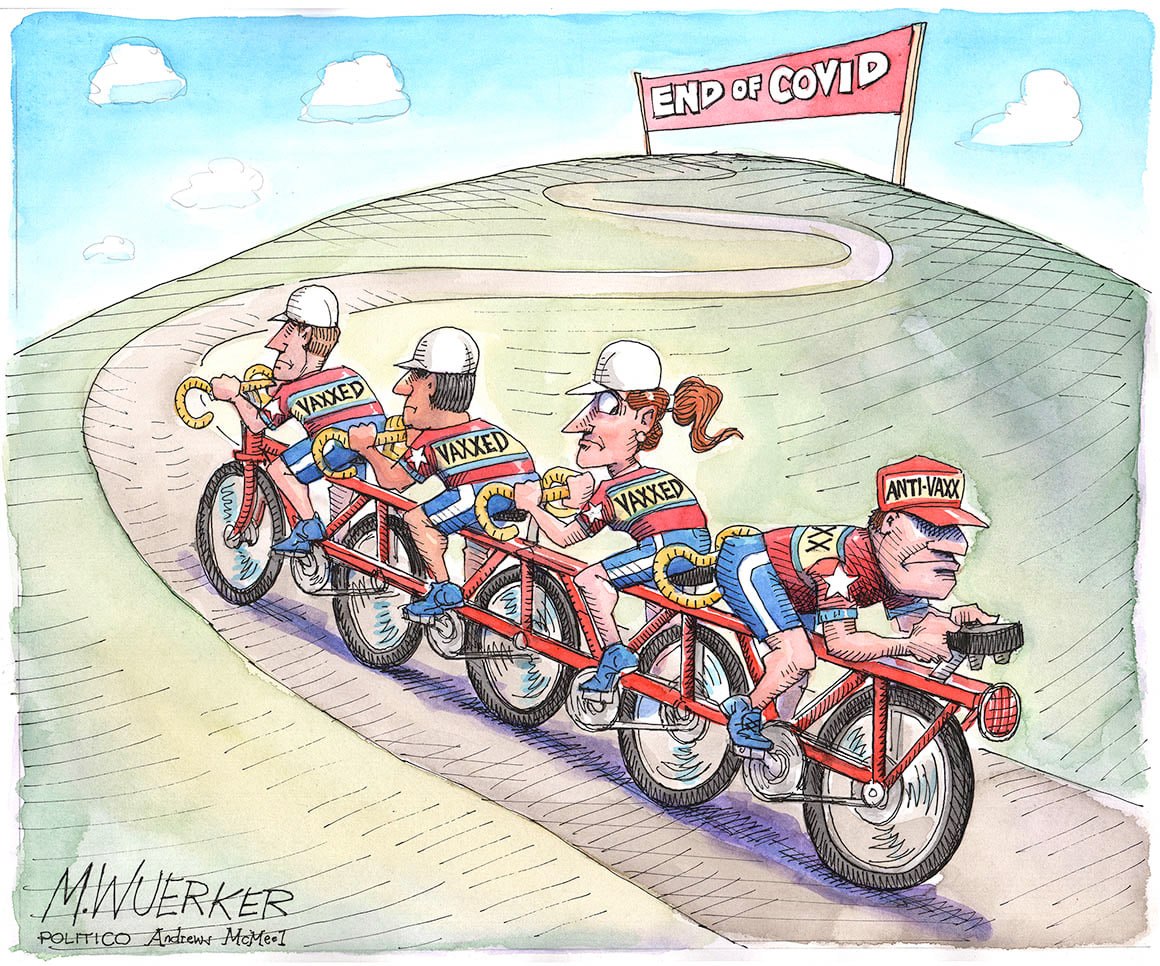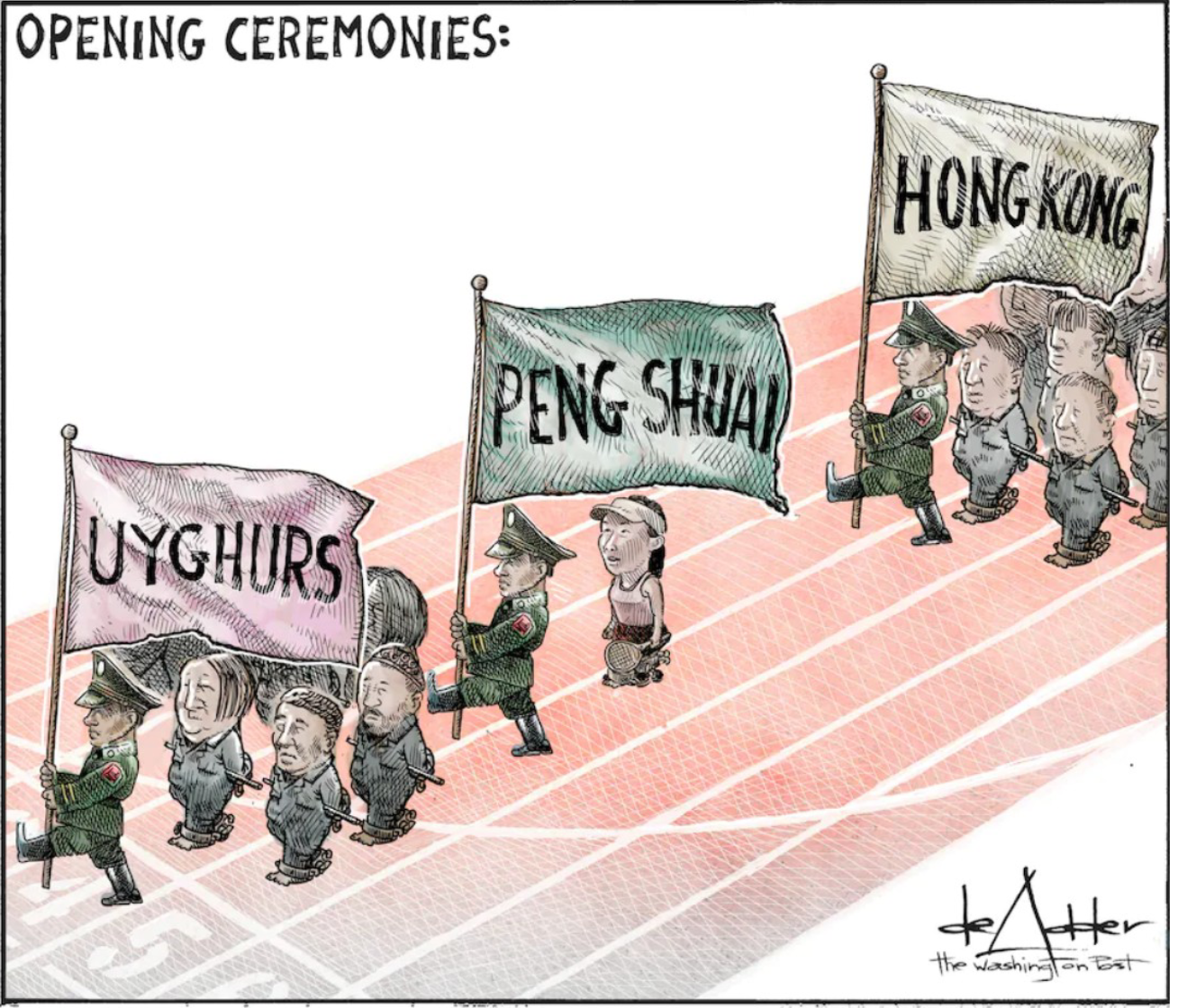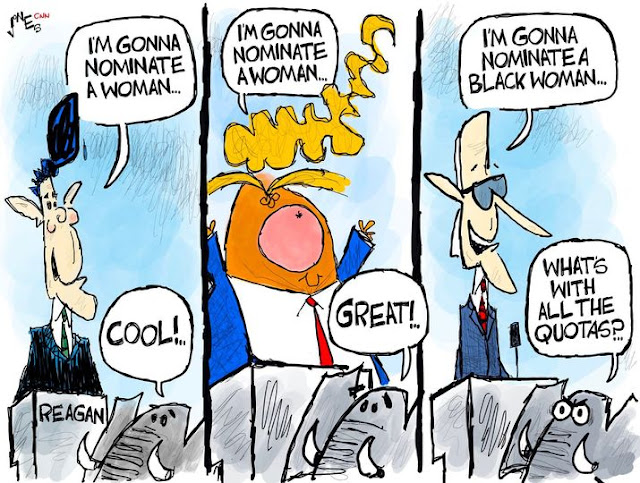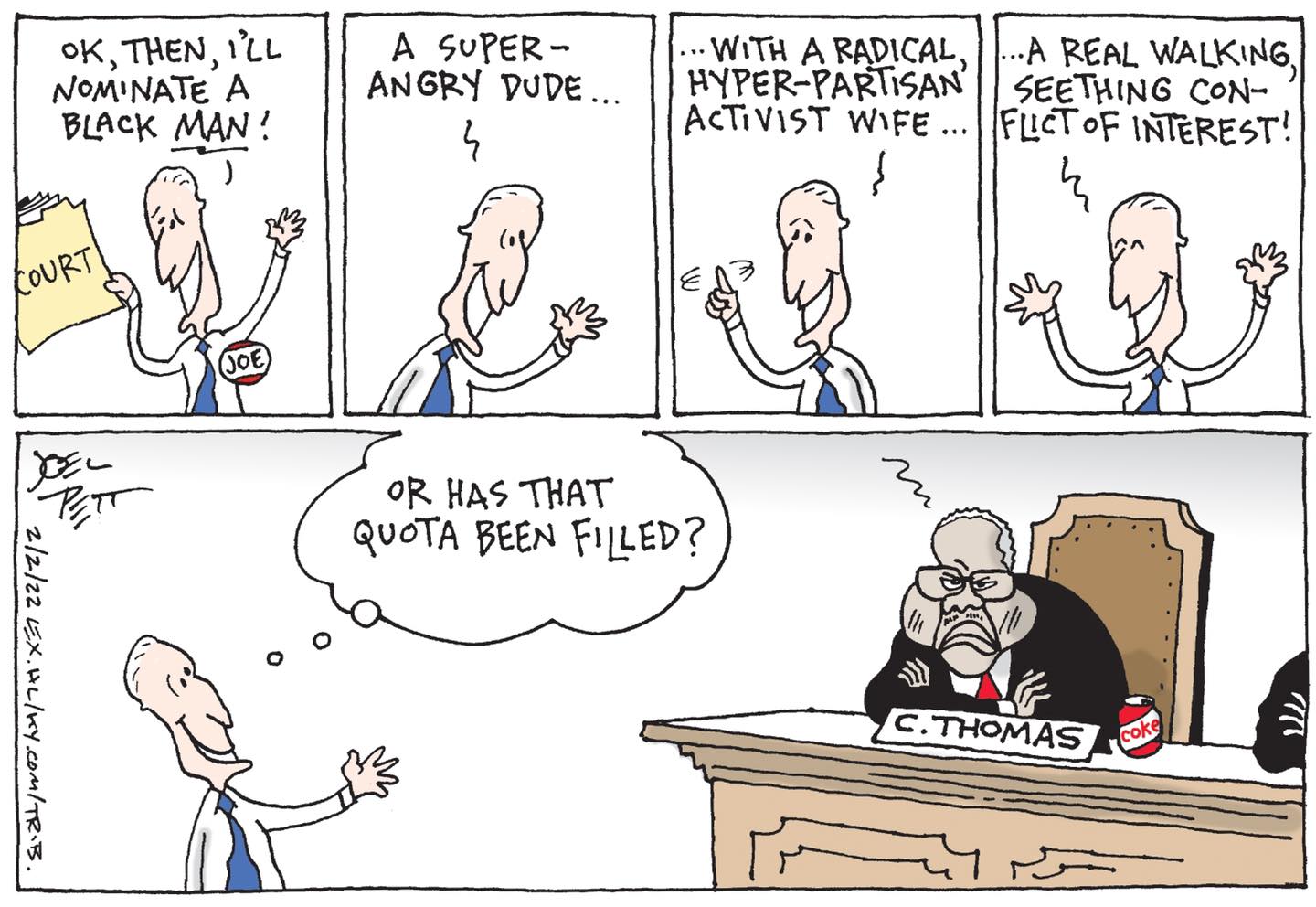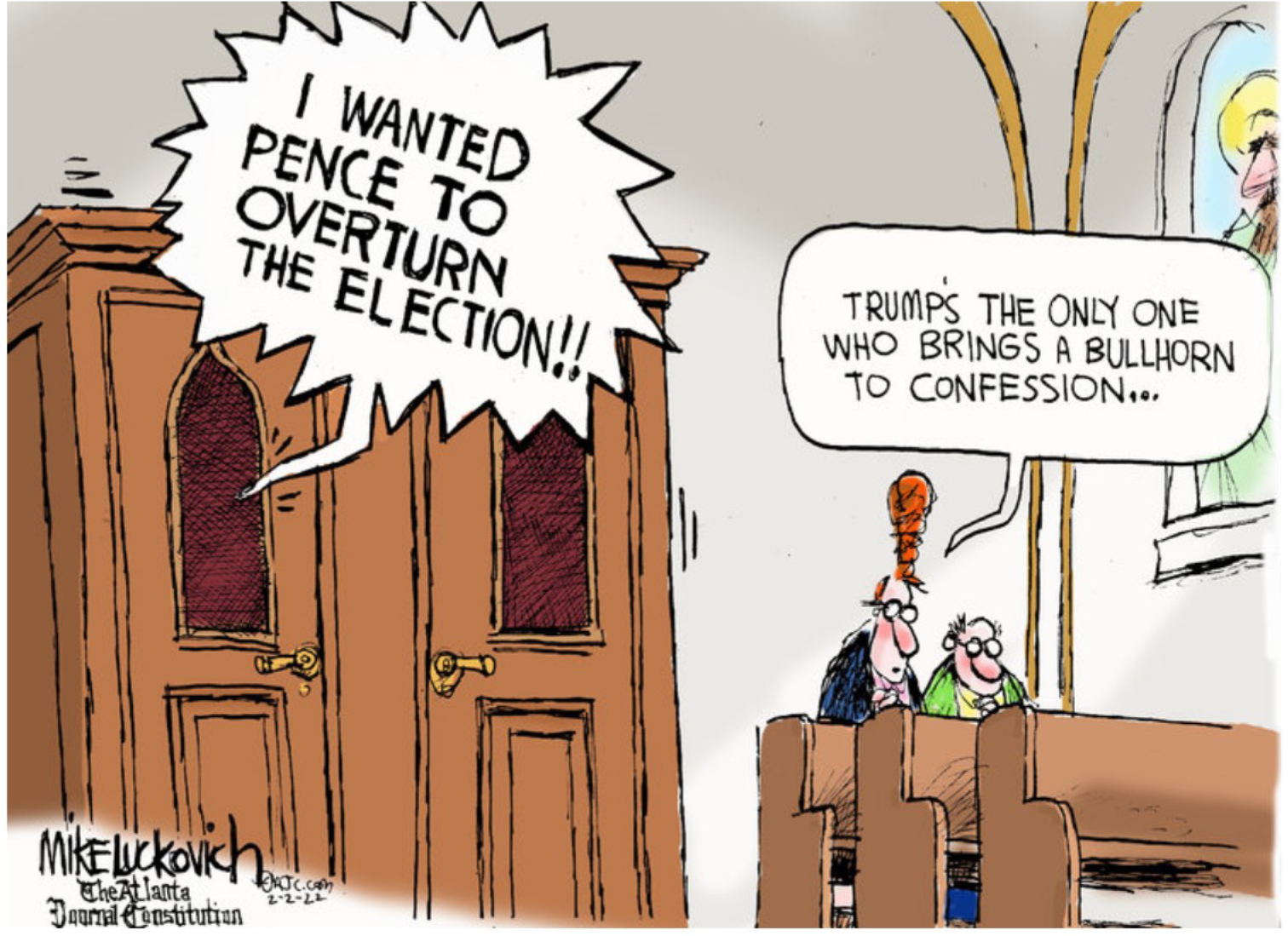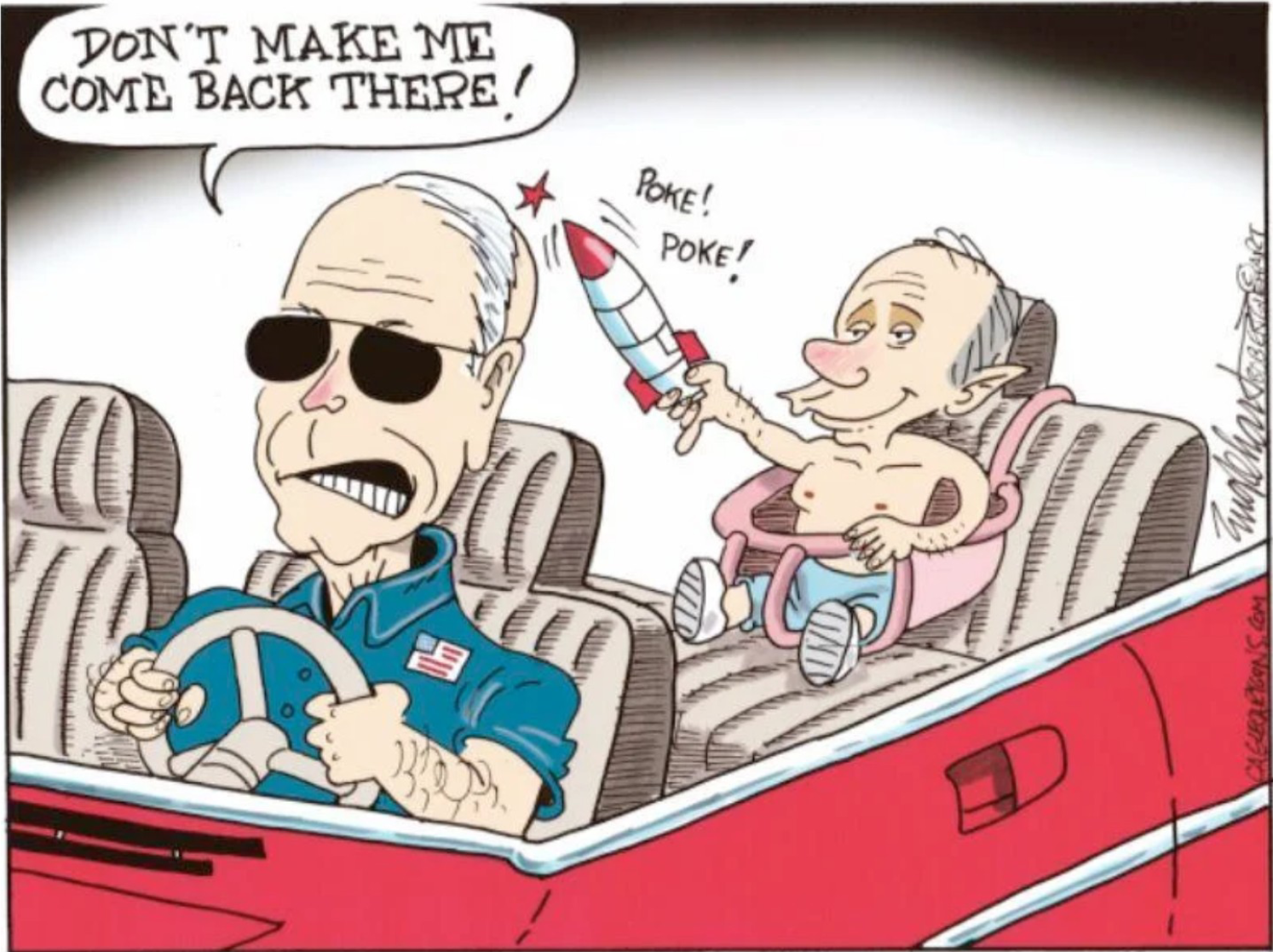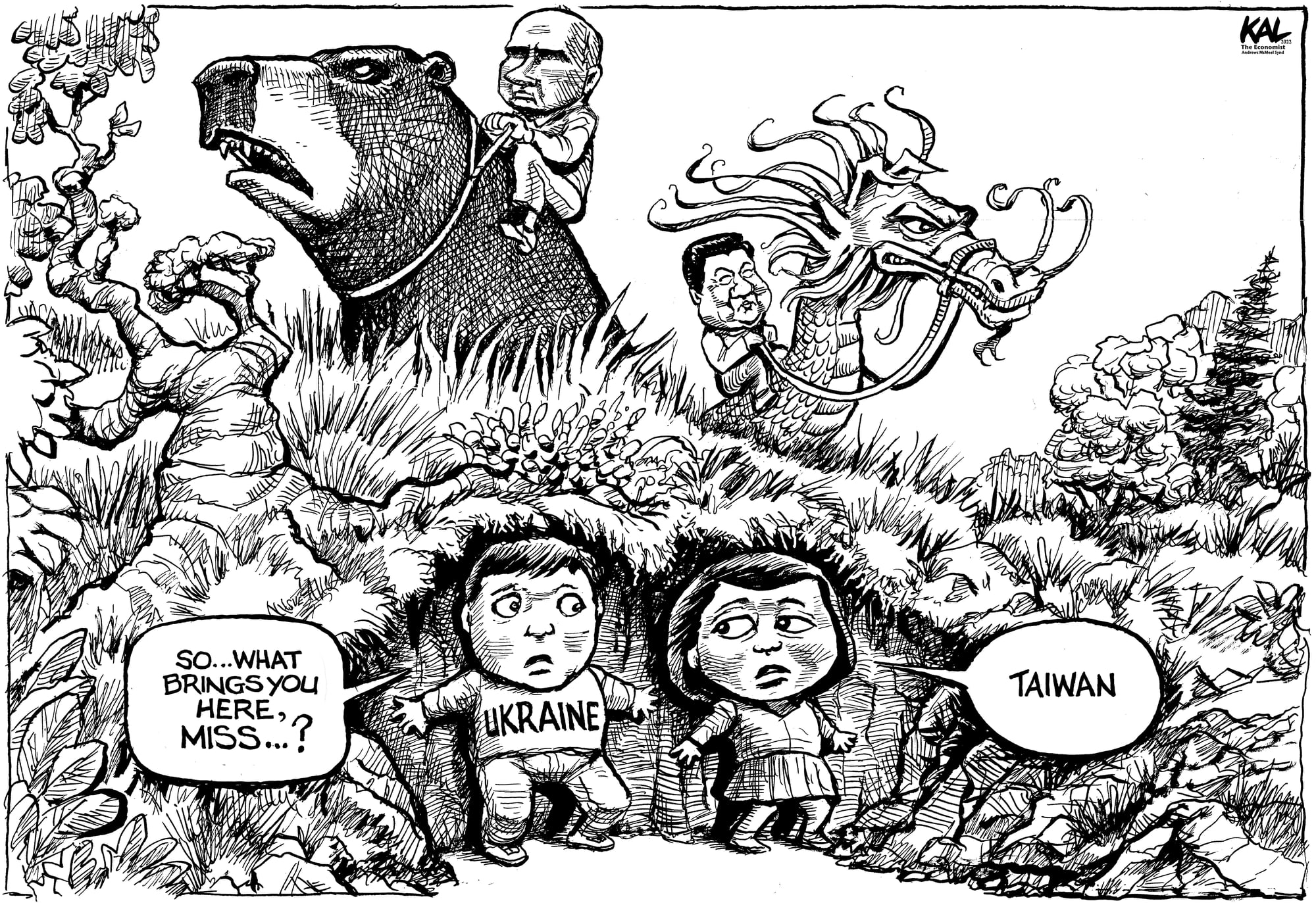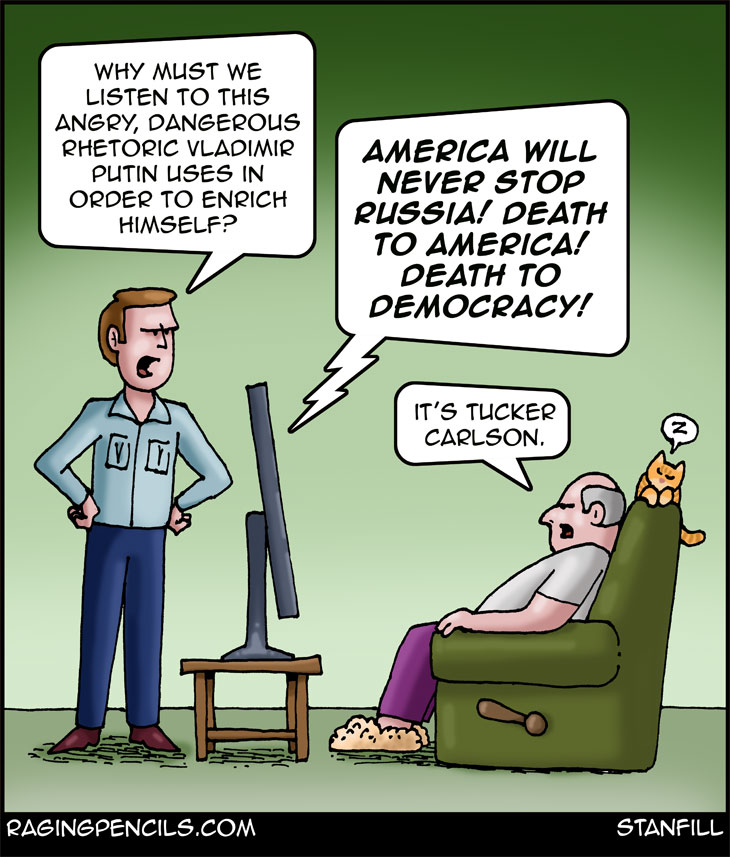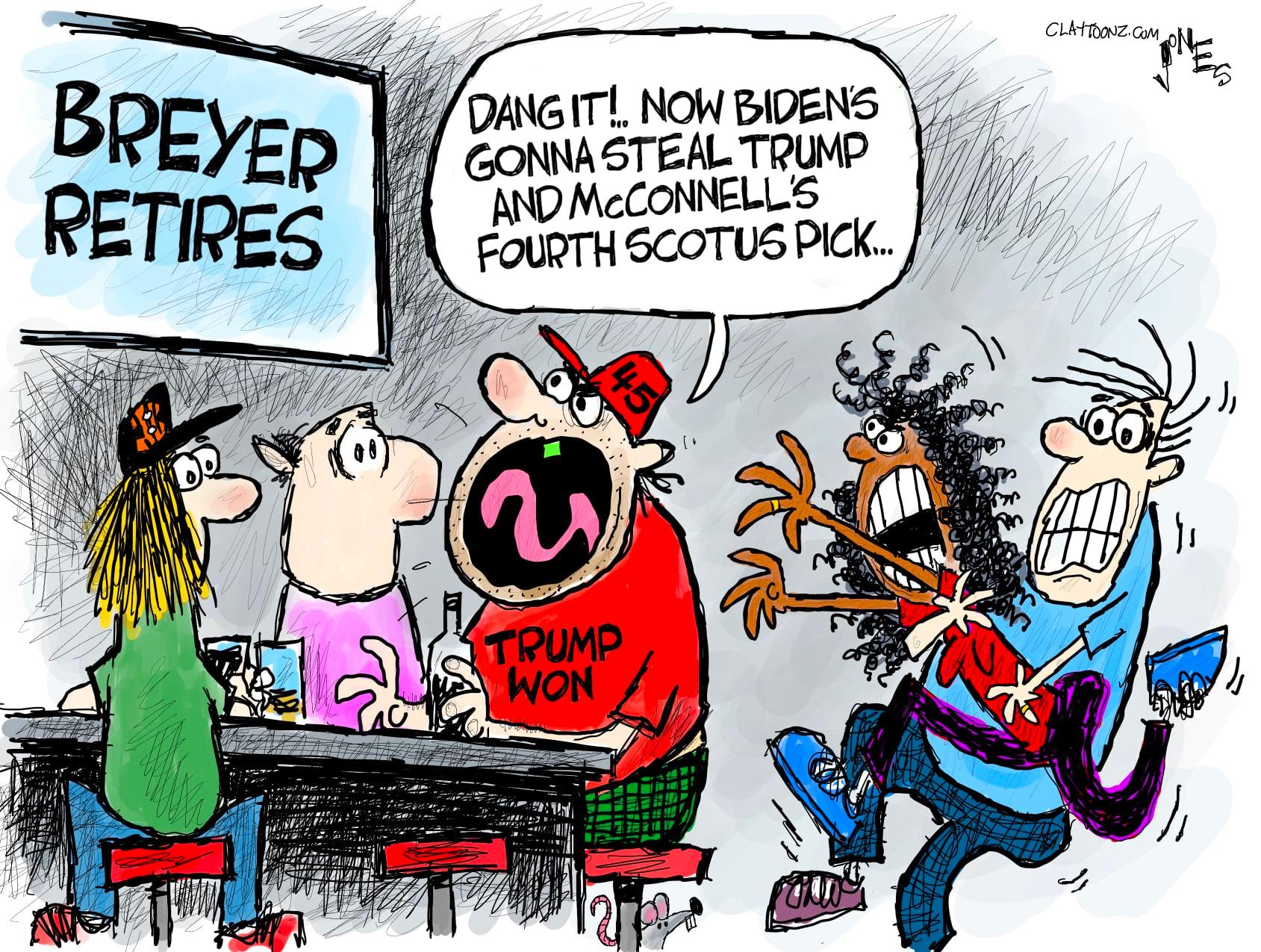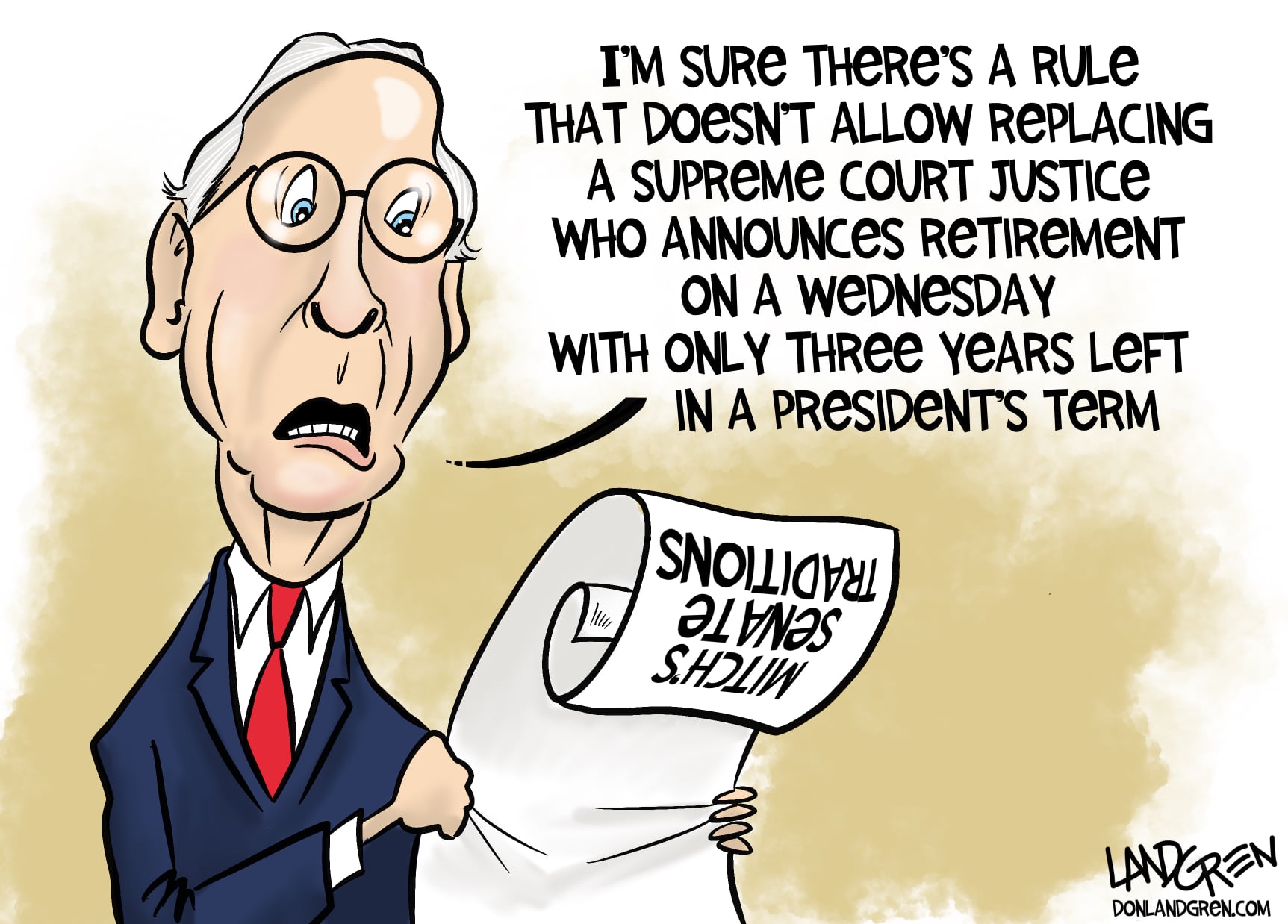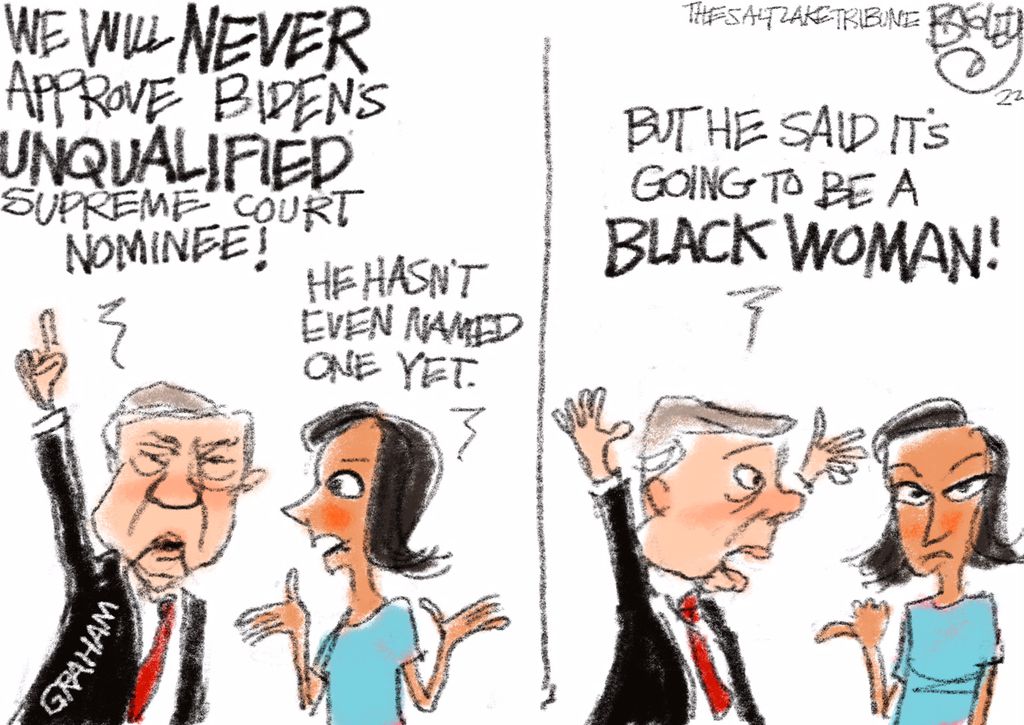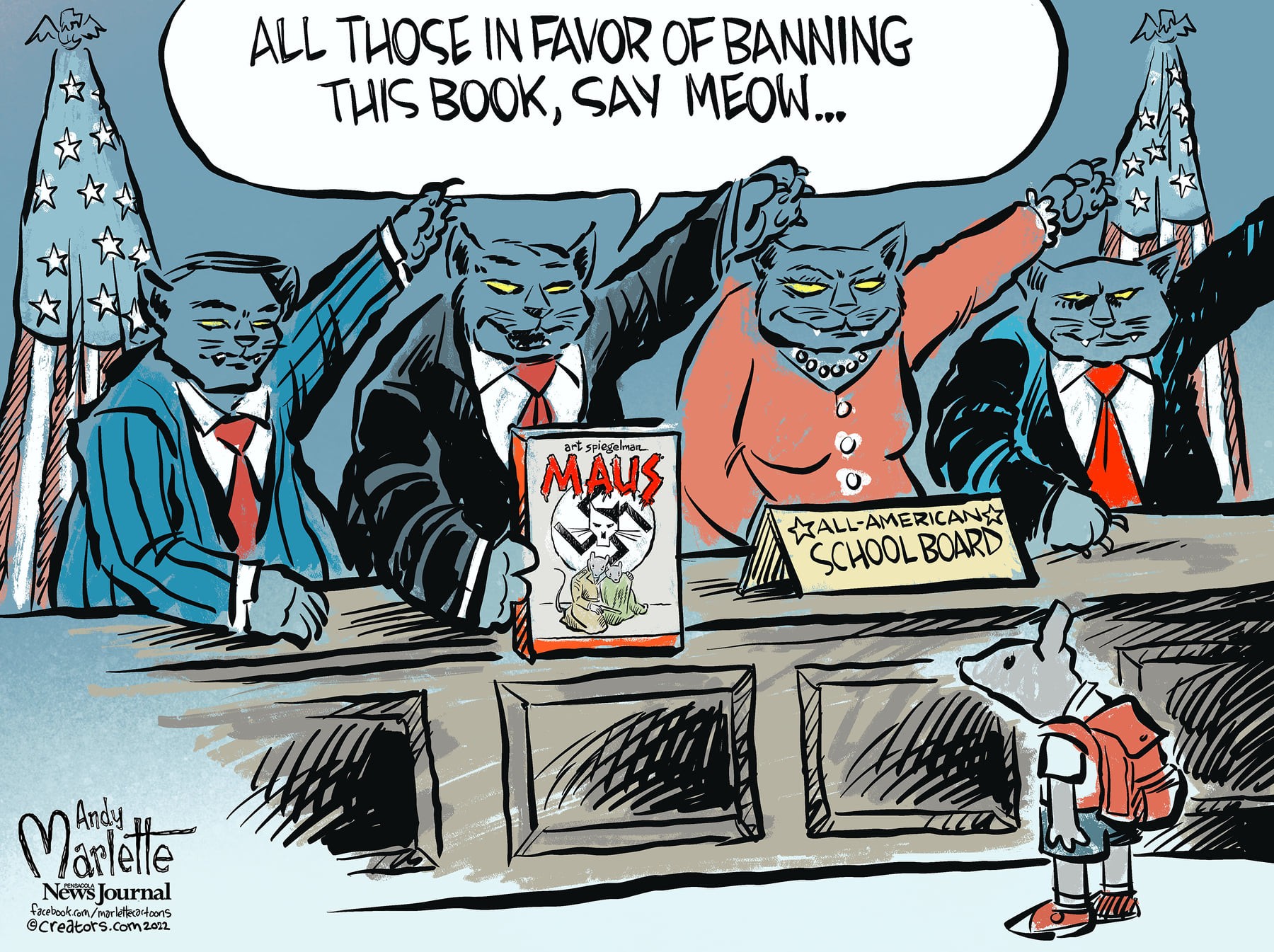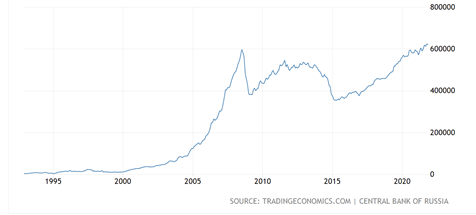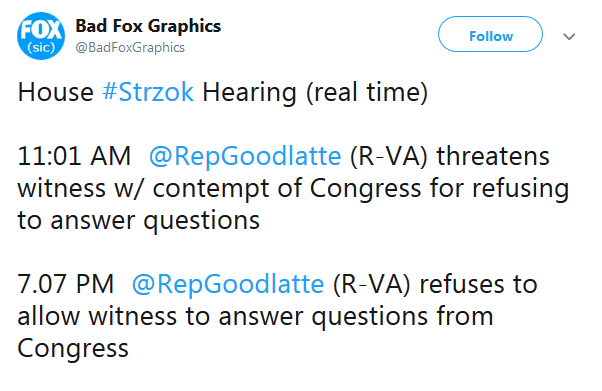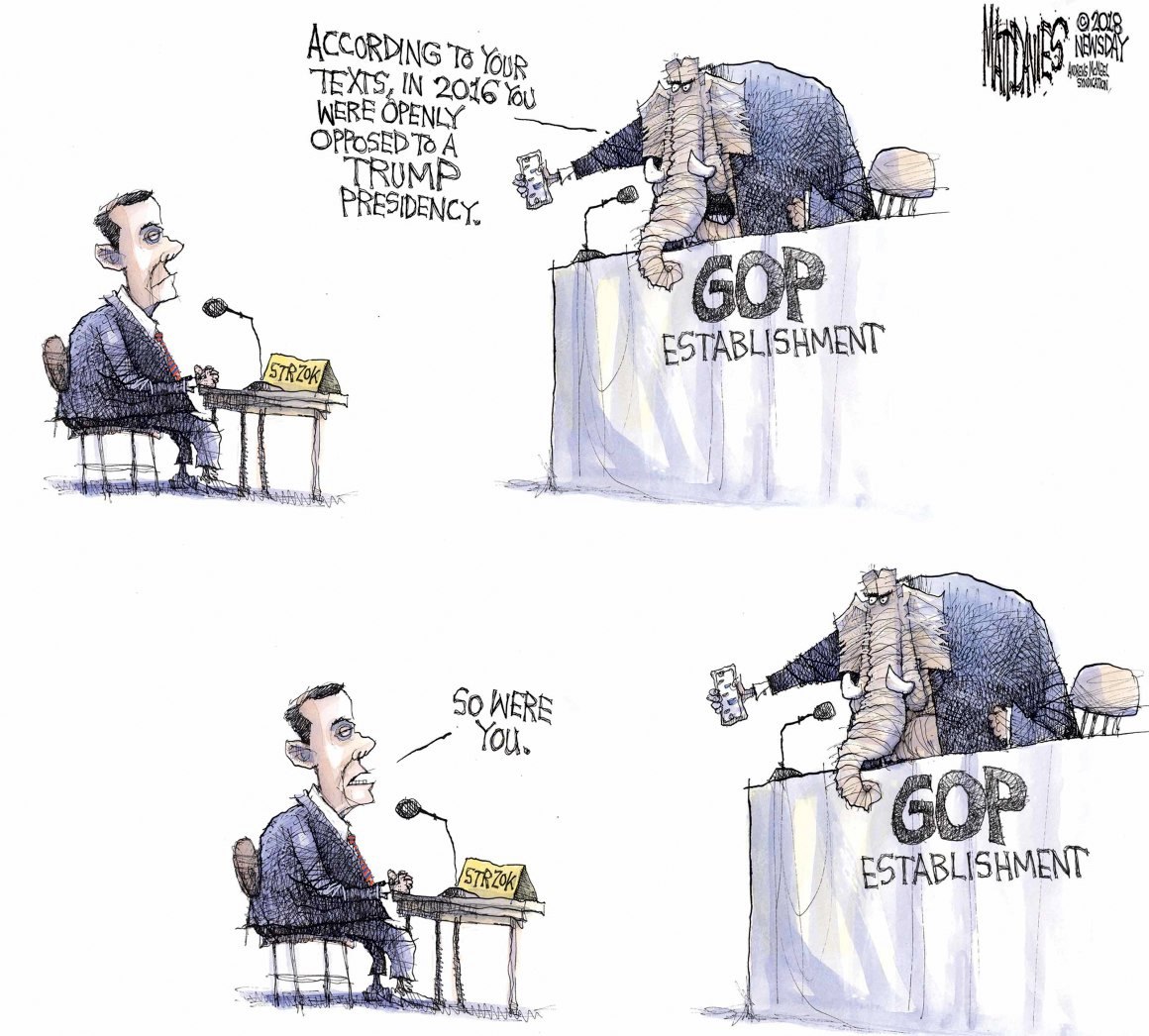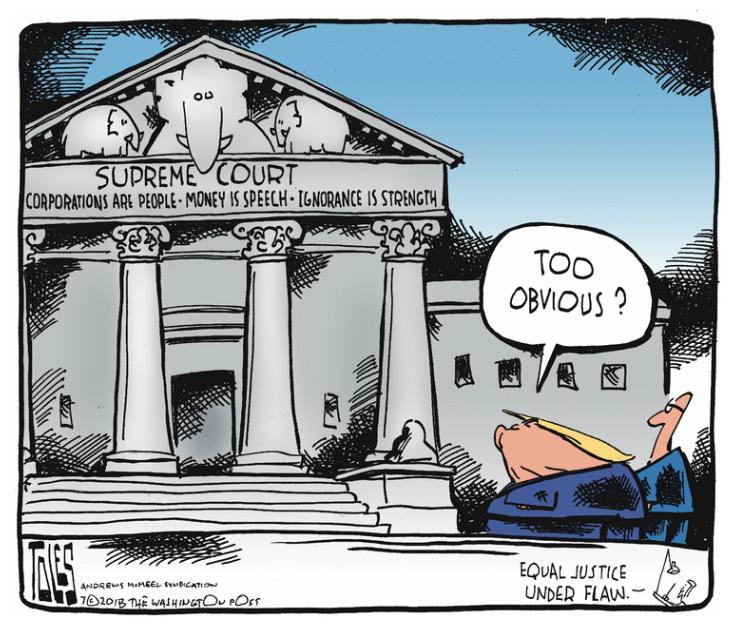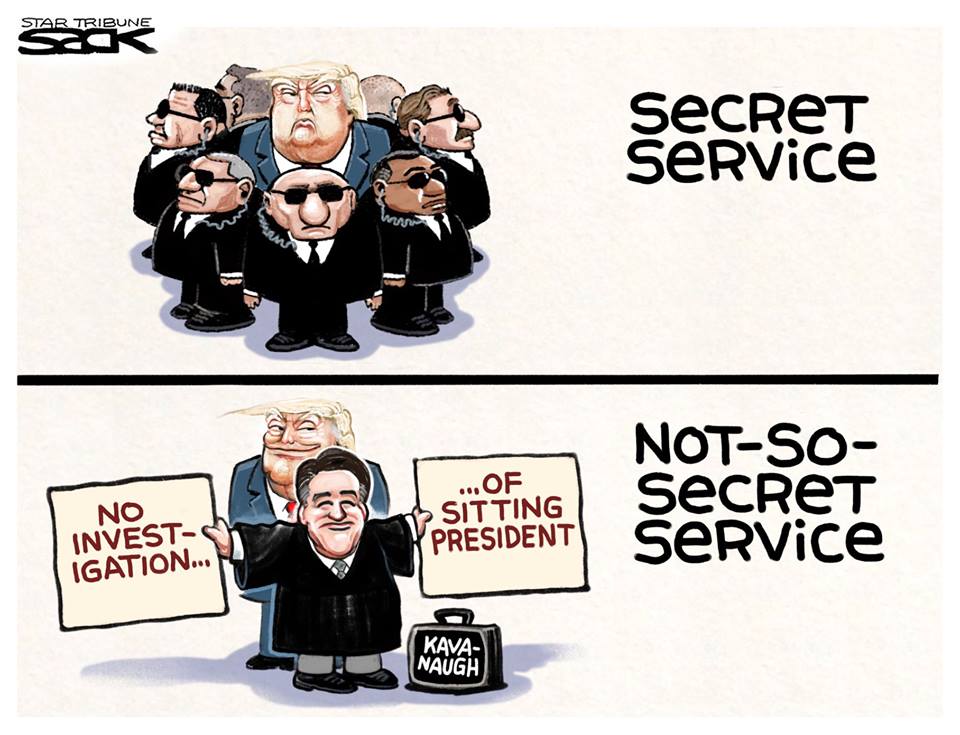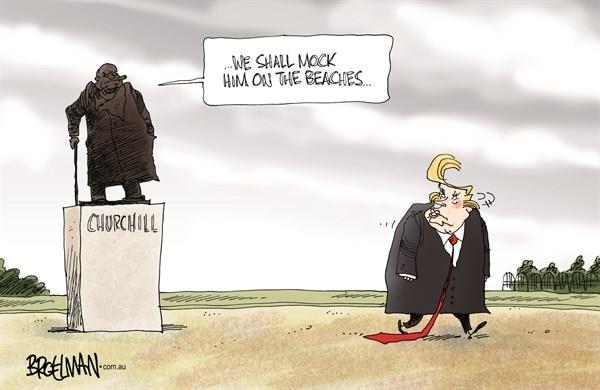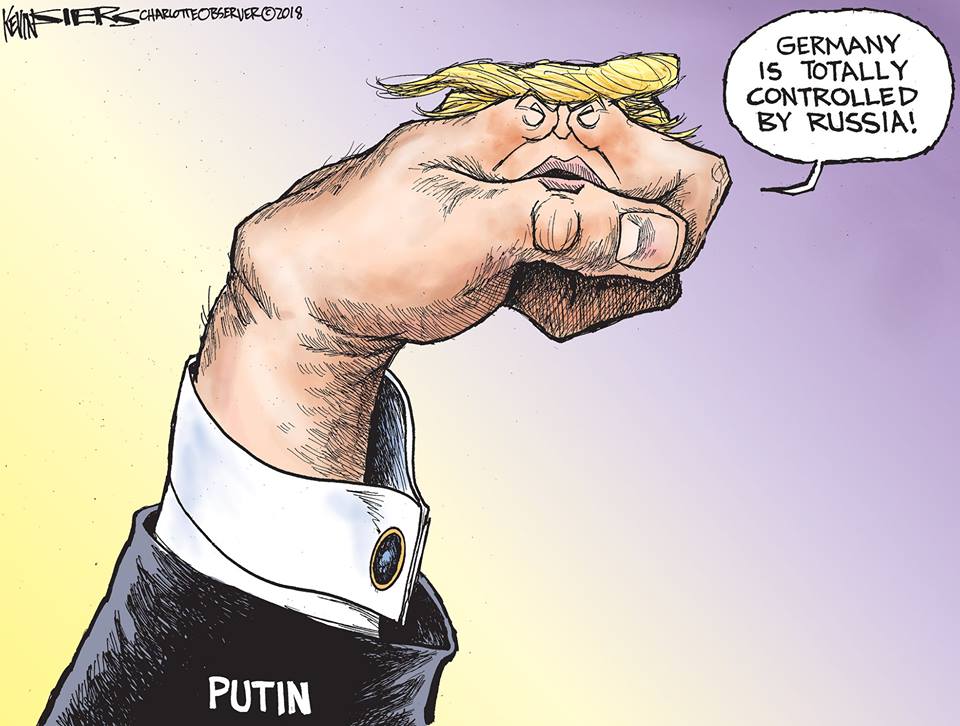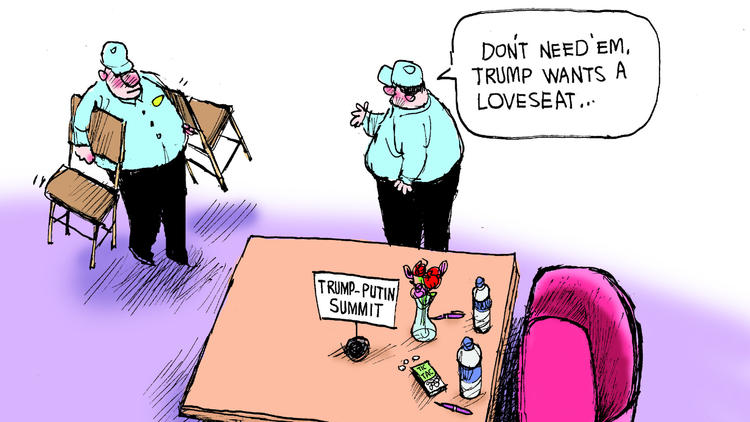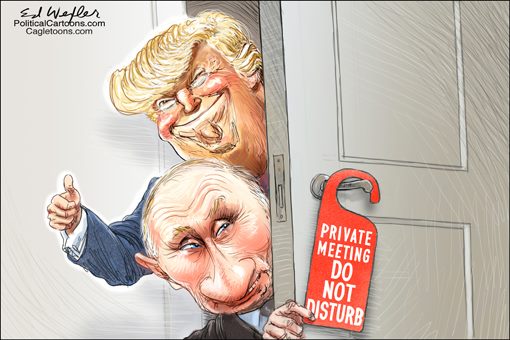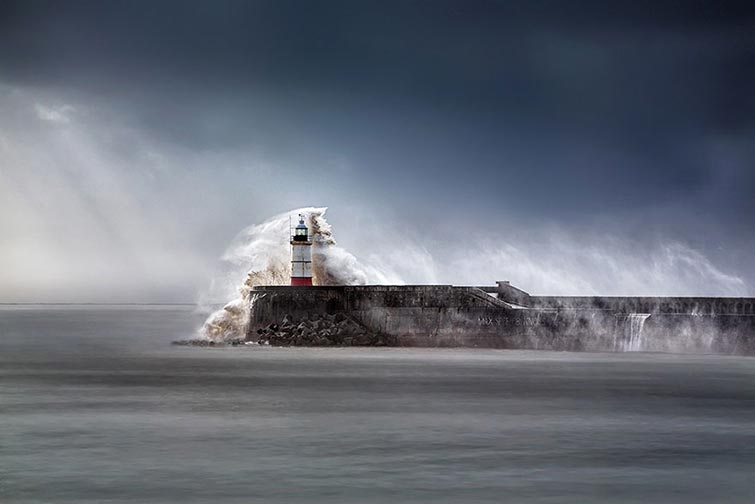The Daily Escape:

Red barn, white snow, in Spatford, NY – 2022 photo by Michael Erb
In last night’s Superb Owl, the LA Rams won. Your guacamole was probably better than the commercials.
Today is Valentine’s Day, a marketing triumph for the greeting card industry. There are no other triumphs to celebrate this morning, so let’s talk about a less than triumphal situation: Is something big about to happen in Ukraine?
Biden says America won’t fight for Ukraine; that would lead to “a world war.” Putin reads that as saying he’s got a free hand there assuming that he’s willing to take on whatever pain the West’s sanctions bring. Assuming Russia has economic support from China, Russia will probably be able to cope with the strain of new sanctions.
Wrongo has no crystal ball but thinks that Russia will formally recognize Ukraine’s disputed Eastern provinces of Donetsk and Luhansk as independent states. Today, Russia acts as if they are a part of the Russian Federation. The people living in these ethnically Russian provinces already speak Russian and carry Russian passports.
But Ukraine doesn’t recognize these provinces as independent. That has been a stumbling block in the current negotiations between France, Germany Russia, and Ukraine around what were formerly known as the Minsk accords, agreed in 2015, but never implemented.
Ukraine could be lured into trying to regain control of both provinces. At that point Russia would help defend them against Ukraine, most likely assuring that they would remain independent, although still technically part of Ukraine. That would be a huge win for Putin since its long been clear that NATO will not accept any new member that has a substantial Russian population.
That would achieve what Putin wants without the US having to put it in the form of a written guarantee.
Finally, it is hard to believe that Russia really wants to become responsible for the economic basket case called Ukraine. Here’s a comparison by Adam Tooze, of Ukraine’s GDP per capita compared to Russia, Poland, and Turkey:
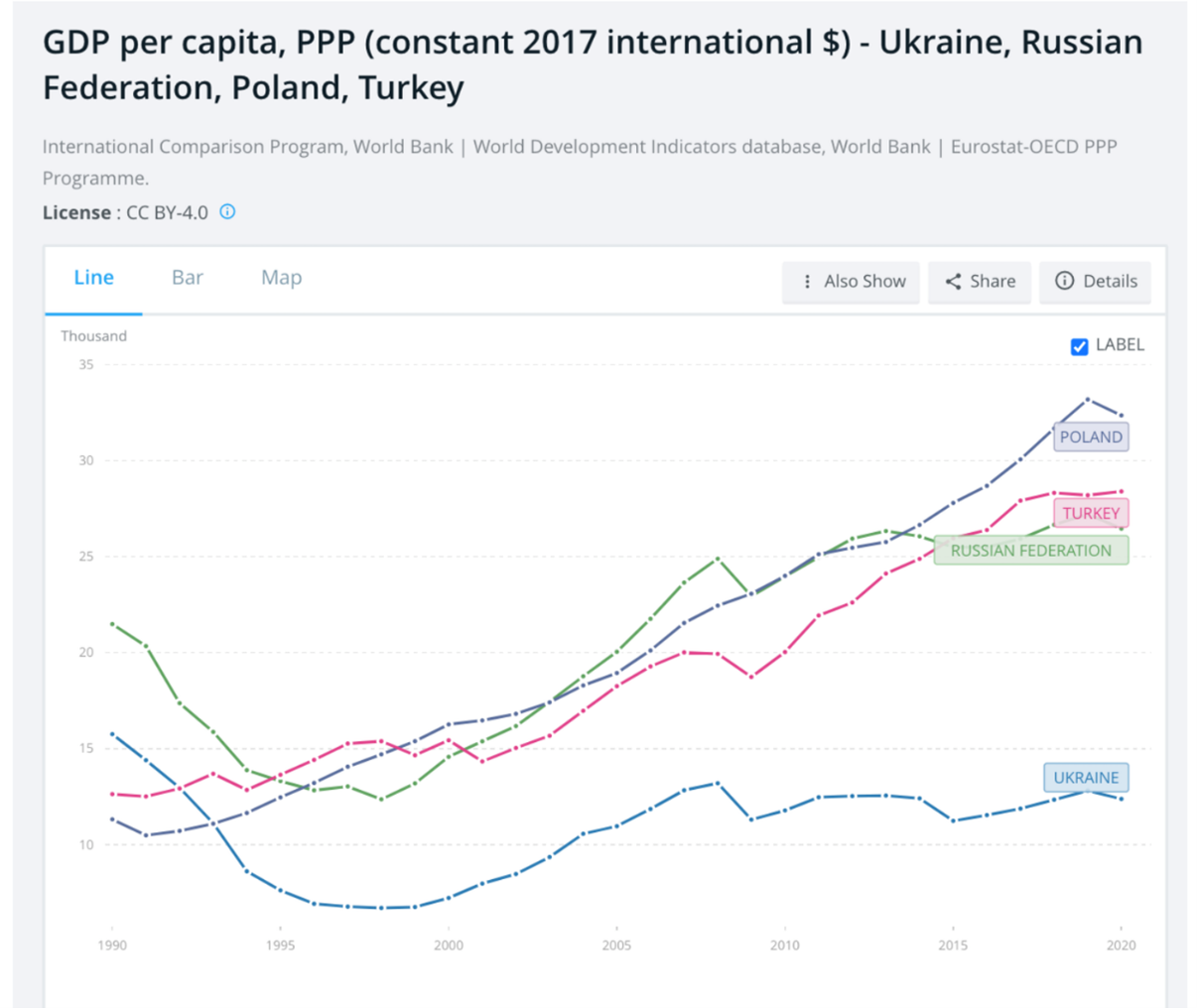
From Tooze: (emphasis by Wrongo)
“Ukraine’s performance between 1990 and 2017 was not just worse than its European neighbors. It was the fifth worst in the entire world. Between 1990 and 2017 there were…only 18 countries with negative cumulative growth and…Ukraine’s performance puts it in the bottom third…. amongst the four countries that delivered less growth for their citizens than Ukraine were the Democratic Republic of Congo, Burundi and Yemen.”
Why are things so terrible in Ukraine? It’s due to corruption, demographic decline, and lack of investment in most industry sectors.
Disputes are negotiated when each side can call it a “win”. It’s obvious that an invasion of Ukraine would not be a win for Putin, so what he’s doing now seems more like a negotiating tactic. If he declares these two breakaway provinces to be an independent part of Russia, look for Belarus to be next.
Since the US and NATO have put up such a big stink, Russia probably won’t try to overthrow the government in Kyiv. OTOH, Putin doesn’t want to be seen as losing in this standoff over Ukraine, so recognizing the disputed provinces is an available middle ground.
And the US has already tacitly agreed to this once before when Russia annexed Crimea.
A Morning Consult Poll — done on February 7th that sampled 2,005 registered US voters showed that if there was a complete Russian occupation of Ukraine, then 42% of Americans support sending in troops. That’s a plurality, but not a majority.
The Morning Consult found a different response in Europe. Respondents in France (31%), Germany (37%) and the UK (37%) support the primary sanction, closing the Nord Stream 2 pipeline. Interestingly, in Germany, another 37% also opposed closing the pipeline if Russia invades.
So viewpoints are more nuanced the closer you get to the front lines.
Time to wake up America! Ukraine isn’t core to US strategy in Europe or in NATO. Yes, Ukraine’s right of self-determination is at stake. But given the GDP rankings above, you could say it’s already a failed state. And what about US support in other low income countries looks like the ticket out of failed state status for Ukraine?
To help you wake up, listen to Billy Bragg perform “Ten Mysterious Photos That Can’t Be Explained” from his 2021 album “The Million Things That Never Happened”.
Sample Lyrics:
I’ve been down rabbit holes
I’ve seen the rabid trolls
Cackling in the twilight
Of the Age of Reason
One thing I’ve noticed
As I get older
Common sense like art
Is in the eye of the beholder

 Winter in the Palouse, near the town of Oakesdale, WA – January 2022 photo by
Winter in the Palouse, near the town of Oakesdale, WA – January 2022 photo by 